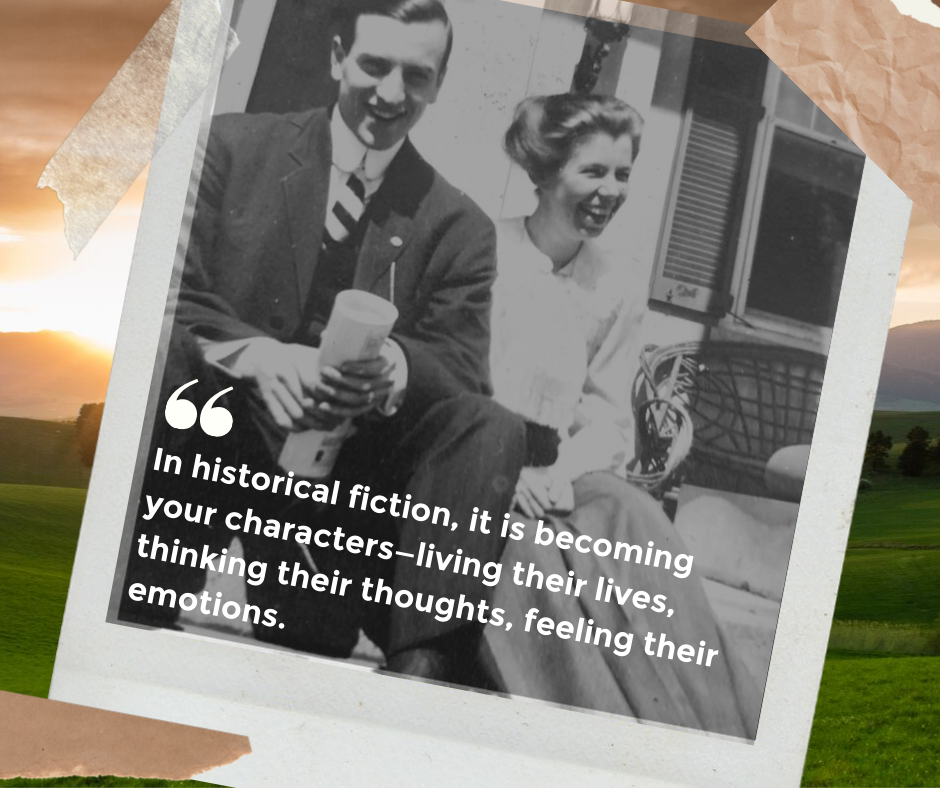A few weeks ago, Hilary Mantel announced that after eight long years, her final installment of the Thomas Cromwell trilogy would be released in March 2020. Her first book in the trilogy, WOLF HALL, is one of my favorites (and if you haven’t read it, you must!). In an interview with The Guardian, Mantel talks about what it takes to ‘defamiliarize’ a period in time and how importance Point of View (remember our discussion from last week) is in bringing texture and context to a story. She writes “My portrait, unlike a historian’s, cannot be balanced or neutral. It comes from the imagined point of view… ”
“History is process, not locked in a box with a collection of facts inside…” How right she is! While it is important to preserve our landmarks and artifacts, it is the process for understanding them—the interpretation—that matters most. It is reflective and thoughtful and more than pointing to an old building or showing an artifact or photograph, and then abstractedly declaring: “this is history”. It is more than internet searches and reciting history books or Wikipedia. To interpret history and to make us feel it and relate to it, requires so much more. It is research and patience and “defamiliarization” as Hilary Mantel calls it.
In historical fiction, it is becoming your characters—living their lives, thinking their thoughts, feeling their emotions. It is imagination and perspective. It is seeing their world through their eyes and telling the tale in the voices of those who lived it.



